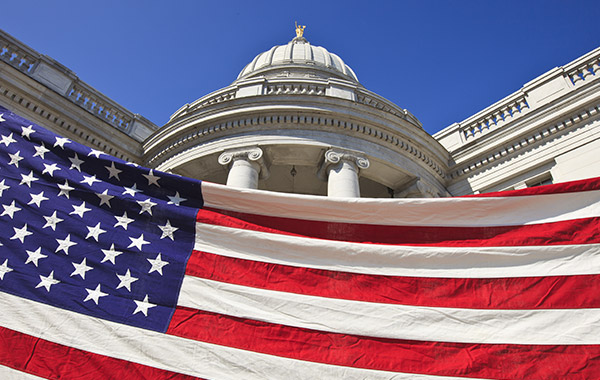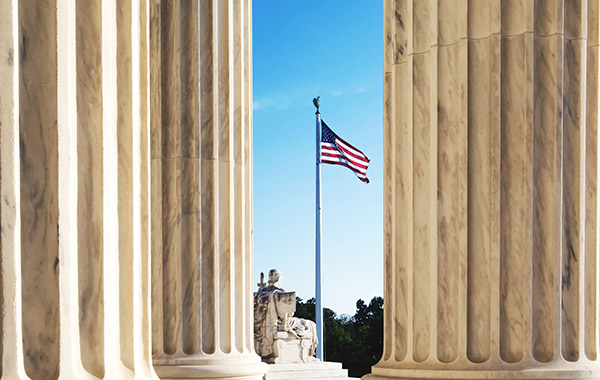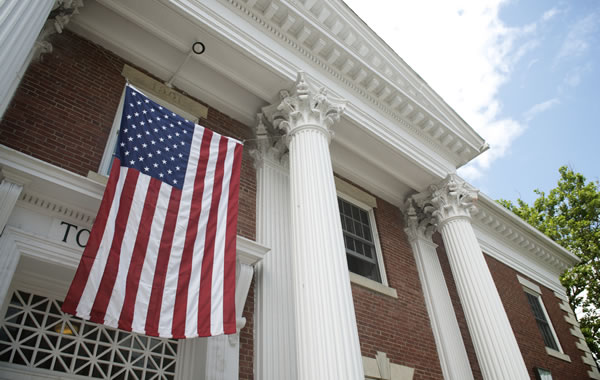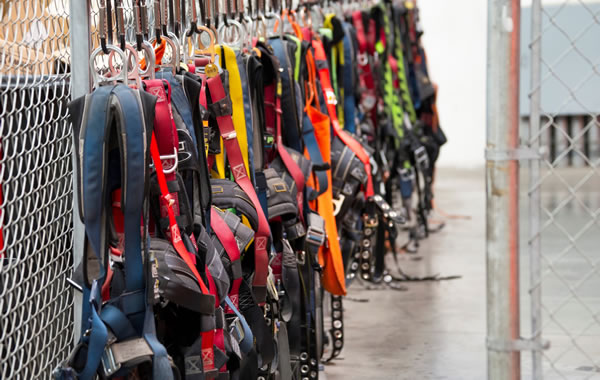Government Contracting Database
Excusable and Non-Excusable Delays
Excusable Delays are delays that are unforeseeable and beyond the control of the contractor. Non-Excusable Delays are delays that are foreseeable or within the contractor’s control. Obviously, the distinction between these two is significant in that it determines which party is liable for the delay. Similarly, it also dictates whether or not a contractor would be entitled to a time extension and possibly if the contractor would be entitled to compensation for that time extension.
FAR 52.249 – 14 (Excusable Delays) states:
(a) Except for defaults of subcontractors at any tier, the Contractor shall not be in default because of any failure to perform this contract under its terms if the failure arises from causes beyond the control and without the fault or negligence of the Contractor. Examples of these causes are (1) acts of God or of the public enemy, (2) acts of the government in either its sovereign or contractual capacity, (3) fires, (4) floods, (5) epidemics, (6) quarantine restrictions, (7) strikes, (8) freight embargoes, and (9) unusually severe weather. In each instance, the failure to perform must be beyond the control and without the fault or negligence of the Contractor. Default includes failure to make progress in the work so as to endanger performance.
(b) If the failure to perform is caused by the failure of a subcontractor at any tier to perform or make progress, and if the cause of the failure was beyond the control of both the Contractor and subcontractor, and without the fault or negligence of either, the Contractor shall not be deemed to be in default, unless –
(1) The subcontracted supplies or services were obtainable from other sources;
(2) The Contracting Officer ordered the Contractor in writing to purchase these supplies or services from the other source; and
(3) The Contractor failed to comply reasonably with this order.
(c) Upon request of the Contractor, the Contracting Officer shall ascertain the facts and extent of the failure. If the Contracting Officer determines that any failure to perform results from one or more of the causes above, the delivery schedule shall be revised, subject to the rights of the government under the termination clause of this contract.
Excusable Delays are further subdivided into two categories. They are Non-Compensable Delays and Compensable Delays.
Non-Compensable Delays
A Non-Compensable Delay normally encompasses such things as strikes, unusually severe weather, acts of God, fires, floods, etc. There is a general lack of understanding concerning the Non – Compensable Delay for weather. It should be noted that a Non – Compensable Delay is for unusually severe weather. That is weather which is not anticipated at that time of year in that part of the country. It does not mean that any time there is inclement weather or weather that may prevent the contractor from working that the contractor is entitled to a time extension. The contractor is only entitled to a time extension when the weather is unusually severe. The determination of what constitutes unusually severe weather is based upon a review of the historical weather data for that area. For a contractor to request a time extension for unusually severe weather, he should demonstrate what the weather was that he experienced and compare this with historical weather data normally taken from the National Oceanic and Atmospheric Administration (NOAA) records for that area. Normally, the weather data comparison is for the preceding five year period.
It goes without saying that merely the occurrence of unusually severe weather does not necessarily constitute a delay nor warrant a time extension. The contractor must demonstrate that the unusually severe weather actually delayed the critical path work on the project. If the building is enclosed and the unusually severe weather had no effect to the contractor’s work then, obviously, there is no delay and a time extension is not warranted. Some federal agencies, particularly the Corps of Engineers, have specified in their construction contracts what normal weather is anticipated for that area particularly with regard to precipitation. Many Corps of Engineers’ contracts will state how many days of a specified amount of rain are expected each month for the year in that part of the country. They then will consider unusually severe weather as a number of days of a specified amount of rain which exceeds that number of days specified in the contract. Similarly, some Corps’ contracts also specify the magnitude of the precipitation that may be expected. The present Corps of Engineers’ Regulations note that unusually severe weather occurs when rain is in excess of .5 inches. However, a careful reading of the contract is required to ensure what is exactly specified concerning weather.
One other item concerning unusually severe weather is worthy of note. Should a contractor experience two days of unusually severe weather in terms of rain it may well occasion a delay which is greater than two days. For instance, should the contractor be performing site work and experience two days of unusually severe rain, the site may become saturated such that the contractor is unable to work for five or six days. Therefore, the time extension which is requested is for the five or six days which is the actual time frame during which the contractor was delayed because of the unusually severe weather.
Non-Compensable Delays are delays for which the contractor is entitled to a time extension, however, he is not entitled to any additional monetary compensation, hence the word Non-Compensable Delay. Though the contractor might assert that he had no control over the weather or a strike and the delay indeed cost him additional money such as his general conditions cost, he still is not entitled to compensation for this. The theory is that neither the contractor nor the federal government has control over the Non-Compensable Delay. Therefore, both parties assume their own additional costs. The contractor absorbs his delay costs for being out on the project longer and the federal government absorbs its cost normally in the form of the liquidated damages by granting a time extension to the contractor and extending the contract. One might consider it a form of a non-fault approach to delays. Neither party can control them and both parties accept any extra cost resulting from them.
Compensable Delays
Compensable Delays are delays that are unforeseeable and beyond the contractor’s control, but for which the contractor is entitled to not only a time extension but also additional compensation. Normally a Compensable Delay is caused by the government. It may be caused by a direct change, it may be caused by a suspension of work, or it may be caused by any of the constructive changes. For a more in-depth discussion of compensable delays see our general “Delay” page.
Updated: June 26, 2018
Looking for additional government contracting resources?
Search Our Database





























